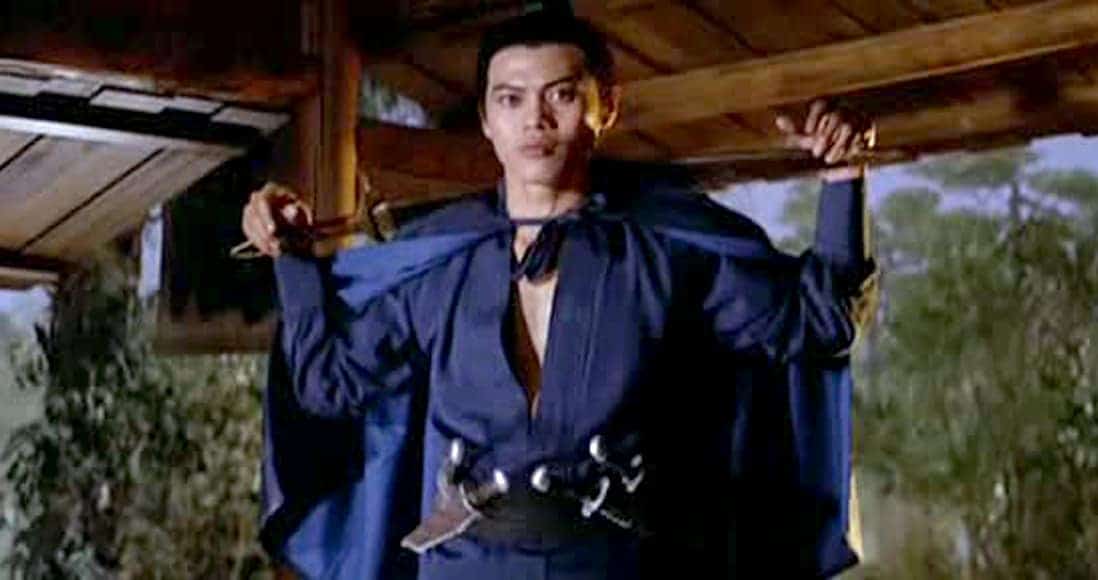“Deaf teenager Chang Cheng transfers to a school for children with special needs. However, the world of the hearing-impaired doesn't seem quiet at all. When Chang witnesses the “game” taking place in the last row on the school bus, his excitement about blending into a new environment immediately turns into fear. Seeing Bei Bei, the girl he has a crush on, getting hurt so badly, Xiao Guang, the ringleader, behaving like a king and other schoolmates acting innocent, Chang debates with himself on whether he should reveal the cruel truth about the game or whether he should join in. As the divide between the perpetrators and the victim begins to blur, confusion and anxiety grow among everyone in school.” Official
“The Silent Forest” is Screening at Five Flavours Asian Film Festival

Based on real events that took place at a Tainan school where over 300 students hearing impaired were subject to systematic abuse and sexual exploitation, “The Silent Forest” is a challenging experience, to say the least. Not sparring the details, depictions (non-graphic) of teenage rape, suicide, violence and abortion befall the troubled teens. Utterly heart wrenching, the film captures the public rage on exposure of such heinous systematic abuse.
While the difficult subject can make the film a challenge, the importance of bringing light to such cases in order to bring about positive change is an undeniably important role that cinema can play. However, those viewers should also be warned of the unapologetic and grim portrayal of a broken system that harbored and protected abuse for years, leaving many destroyed for life. Consequently, It is hard not to feel anger while watching “The Silent Forest”, as the past abuse comes to light a fact made all the more infuriating by exploiting another's disability. Undeniably, the visceral reactions to the events portrayed will intrigue or dissuade viewers deepening on their own tolerance, but to put that aside there is an undeniable skill in director Ko Chen-nien's approach.

The sound design is impeccable, with the score reminiscent of a horror production imbued with jarring and dread inducing tones. More impressive is the use of sound as a narrative device to convey conflict. Essentially, noise of struggling against an attacker is played on top of the actors troubled expressions as they revisit their trauma, conveying the pain in a way that bridges the gap created by understanding someone with said impairment. Overall, the sound design heightens the narrative to create a truly tense audio experience.
Chen Chi-Wen's cinematography commands a strong premise with some wonderful sweeping shots that transition into intimate close-ups. The approach to capturing the violence also spares the viewers a more graphic portrayal of abuse and violence, a necessary caution but one that also conveys the horrors without relying on shock value.
For a young and inexperienced cast, the actors bring an admirable degree of conviction to their parts. The students embody broken and troubled minds with an uncomfortable realism. Liu Kuan-Ting , who plays the only adult attempting to help the kids and uncover the scandal, gives a deeply emotional performance. Stressing the weight of being the only one willing to save the children as the situation becomes exponentially dire, each grim realization shows the weight it puts on his psyche.
“The Silent Forest” is a challenging experience that many won't want to attempt. However, the unapologetic examination of the crimes and demand for change makes it a worthy endeavor.















